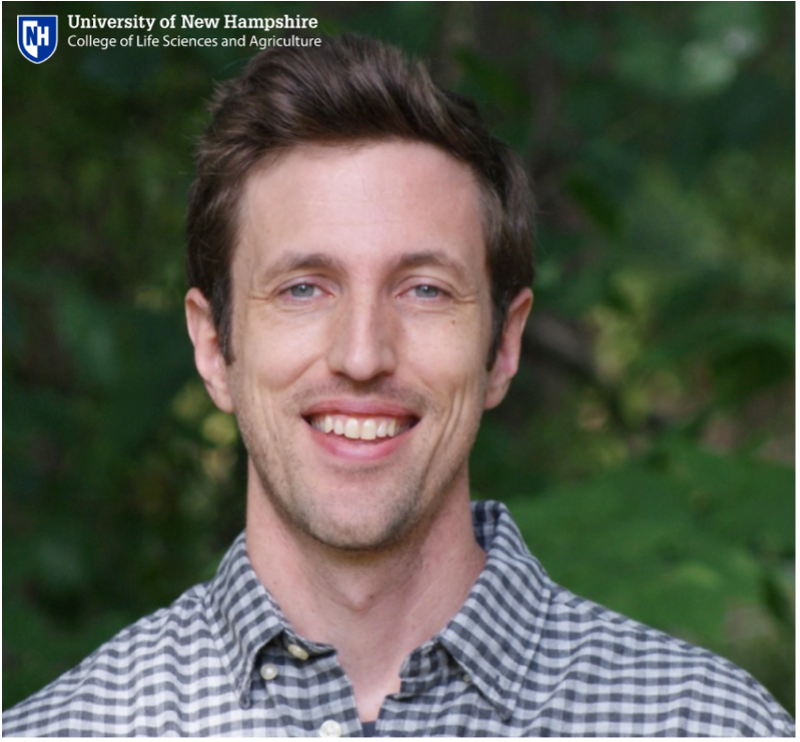 Dr. Rem Moll
Dr. Rem Moll
Wildlife & Conservation Biology Program
University of New Hampshire
My path to becoming a professor in wildlife ecology began my sophomore year in college. At the time, I was an English Education major.
I did not grow up participating in many of the traditional activities in the field of wildlife ecology – hunting, camping, or fishing. In college, however, I stumbled upon the Wildlife Science major and it sounded too good to be true. So I switched majors and relished in the new focus.
Following my BS degree I pursued an MS degree at the same university, working with a professor I had worked with as an undergrad. I didn’t really know what I wanted to do long-term; this just seemed like the next step. And really I did it because I had a year of eligibility left on the track team and I had to be enrolled in a grad program to compete. But once I began, I really enjoyed the research and writing and field work.
I had plans to do a PhD straight away, but my wife and I were invited to work with an NGO overseas doing educational and social development. We felt this was what we were supposed to do, so we went and lived in the Middle East for five years. This was definitely not the expected career path for me, but it is something that was transformative and meaningful. Overseas I taught high school science and worked for a natural resources NGO.
We returned to the states and I completed my PhD at Michigan State University. Ironically, the unique experiences I had overseas helped me obtain two fellowships that funded my entire PhD. So a move that made very little sense from a traditional career standpoint actually ended up opening the door for my PhD work. Following the PhD, I worked as a research associate at Michigan State. This was also not the “expected” path, as folks are generally encouraged to move to a different university after their PhD to expand their network. But at that time I had young children and did not want to move them around the country. I was then fortunate to be offered my current position at UNH as an assistant professor of wildlife ecology.
Looking back, the lessons I take away from my path is that it is okay to deviate from expected norms, and that – as cliche as it is – it is really what you do with what you have rather than trying to figure out what the perfect situation is.